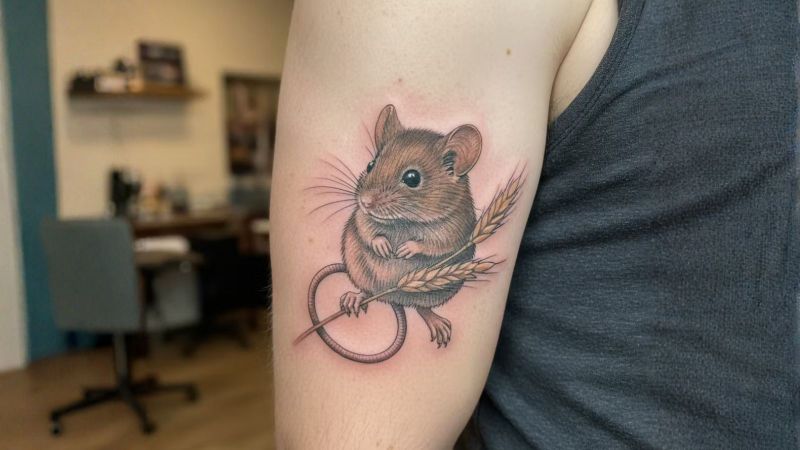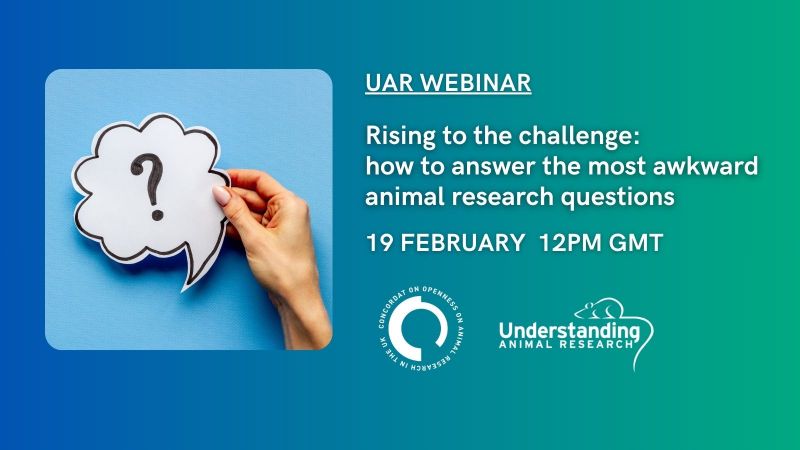Text to go here...
An ultimate goal of regenerative medicine is the generation of organs derived from a patient's stem cells. In new research scientists were able to provide a pancreas deficient mouse with a fully functioning pancreas derived from rat stem cells.
The research was in two stages. Firstly the team created mouse-rat chimeras, the first time this has been achieved. To do this, mouse stem cells were injected into a rat blastocyst (very early embryo). This gave rise to a rat-like chimera. Conversely, rat stem cells injected into a mouse blastocyst gave rise to a mouse-like chimera.
Next, the team injected rat stem cells into mouse blastocysts from a pancreas deficient strain of mice. In the resulting chimera, the ‘mouse' had a fully functioning pancreas made up entirely of rat cells.
The scientists have proved, at least in principle, that donor cells of one species can rescue a defect in organ development in a different species.
However, the legal and ethical barriers to producing human-animal chimeras makes it unlikely this will become a route to organ replacement in humans.
Last edited: 11 January 2022 10:18



